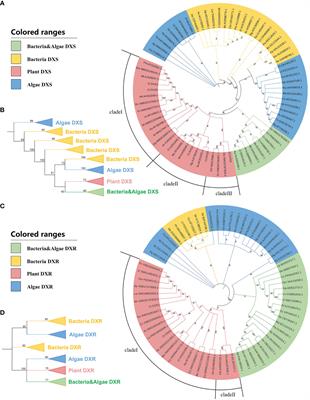ORIGINAL RESEARCH
Published on 08 Aug 2024
Integrated physiological and metabolomic responses reveal mechanisms of Cd tolerance and detoxification in kenaf (Hibiscus cannabinus L.) under Cd stress
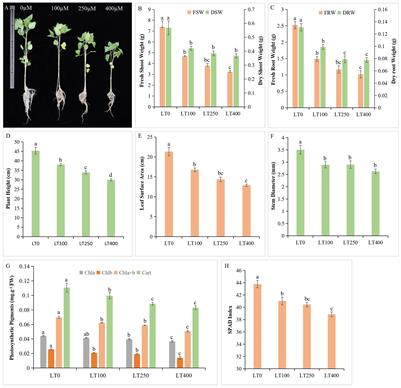
doi 10.3389/fpls.2024.1332426
- 828 views
- 1 citation
4,423
Total downloads
18k
Total views and downloads
You will be redirected to our submission process.
ORIGINAL RESEARCH
Published on 08 Aug 2024

ORIGINAL RESEARCH
Published on 02 Aug 2024
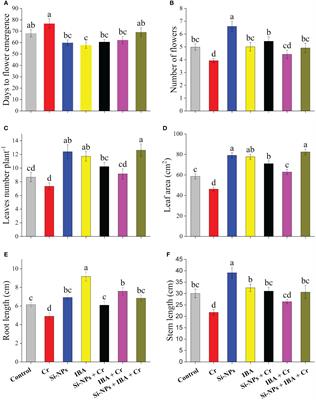
ORIGINAL RESEARCH
Published on 30 Apr 2024
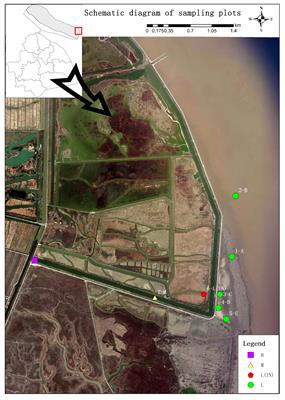
REVIEW
Published on 13 Mar 2024

ORIGINAL RESEARCH
Published on 16 Jan 2024
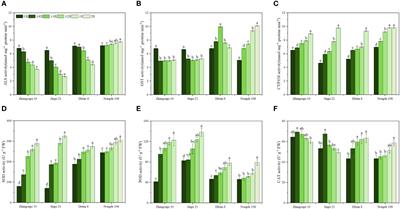
ORIGINAL RESEARCH
Published on 30 Oct 2023
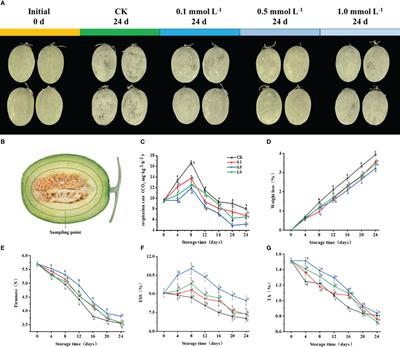
MINI REVIEW
Published on 20 Oct 2023
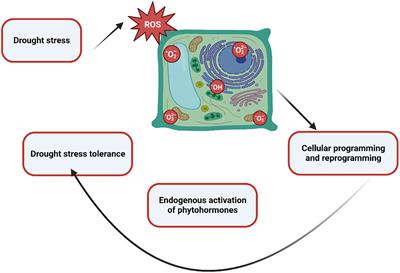
ORIGINAL RESEARCH
Published on 20 Oct 2023
